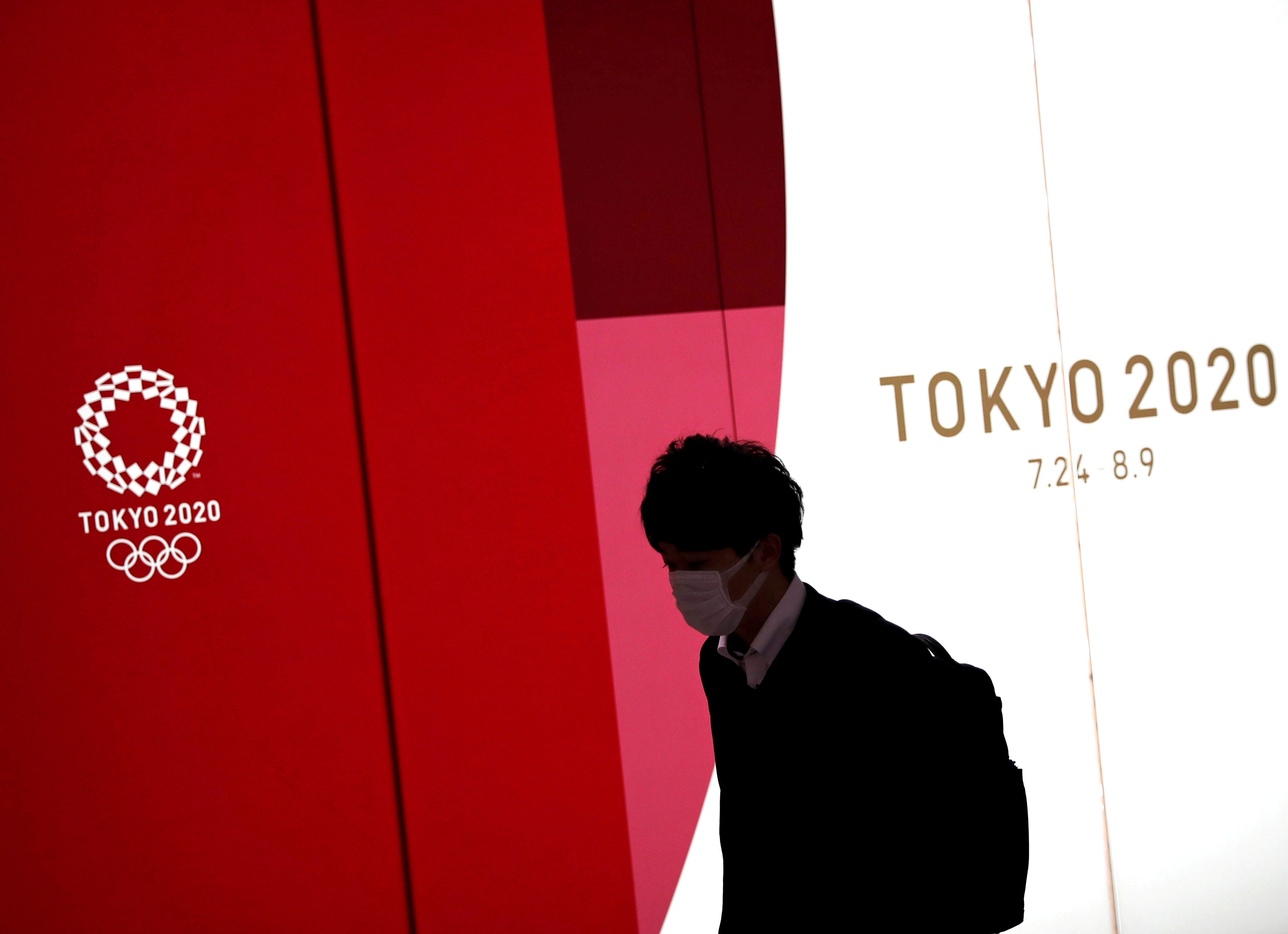SUMMARY
This is AI generated summarization, which may have errors. For context, always refer to the full article.

Ever since the start of the coronavirus pandemic, the world knew that the Tokyo Olympics will be unlike any other.
More than a year after its historic postponement last March 2020 – the first ever in modern Olympic history – the Games are still in ever present danger after host country Japan declared a health emergency following soaring virus cases in the nation’s capital.
As expected, many fans, athletes, and locals are left trying to make heads and tails of the protocols in place amid the controversial continuation of the quadrennial spectacle.
Although organizers have released seven different protocol playbooks for different people clusters like athletes and the press, going through a 70-page manual already with three revisions to date is simply not easy reading.
As such, here are the fast facts on the most important rules that everyone needs to know before and after the Olympic torch is lit.
No fans and non-Japanese family members allowed in the venues
Buried at page 29 of the athlete’s playbook, it is stated that access to competition venues is “restricted to what is strictly required for operational reasons.”
This basically means there will be no fans, and other outlets have reported that not even family members of non-Japanese athletes will be allowed in.
Standard COVID protocols in place
All the basic practices of COVID prevention are also in place inside Olympic venues and out.
This includes mask wearing, frequent hand washing, social distancing especially while eating, limited physical contact with others, avoidance of enclosed spaces and crowds, and other standard practices done all over the world for the past year.
Testing, quarantining, and more testing
Athletes and other essential personnel, vaccinated or not, will be subjected to rigorous and frequent testing for the virus, and the process is as follows:
- two swab or saliva tests on two separate days within 96 hours of Japan flight
- one saliva test upon arrival to Japan
- three-day quarantine (may be waived on a day-to-day basis with daily testing for the purpose of “Games-based activities” like training)
- 14-day quarantine upon refusal of daily testing
- more daily testing upon arrival to the Olympic village for training camps
- more daily testing during competition proper
- local protocols in effect upon arrival to home country (testing + quarantine in the Philippines)
Positive test = Immediate forfeiture
Any athlete who contracts COVID after any of the numerous daily tests will be forced to forfeit the rest of their medal run, with no ifs, ands, or buts.
In the event of a positive test in the middle of competition, athletes will be allowed a consolation to years of hard work, and will still get a medal if they were eligible up to the moment they tested positive.
For example, if a boxer tests positive before a gold medal match, they will still be awarded a silver by default, and the gold goes to the healthy fighter.
Other notable rules
- Athletes may only leave their accommodations as stated in the Activity Plan.
- All accommodations must be ventilated with open air at 30-minute intervals.
- Athletes cannot use public transportation and must wait for official vehicles.
- Athletes who register 37.5 °C in five-straight venue checks will be isolated for testing.
- Only clapping is the encouraged form of cheering during games.
- Mask-wearing during competitions will be on a case-to-case basis.
- Teammates will not be required to socially distance.
- Athletes must put on their own medals during awarding.
- Interviews are limited to 90 seconds max.
- Venues and equipment will be thoroughly and frequently sanitized.
– Rappler.com
Add a comment
How does this make you feel?


![[Time Trowel] Evolution and the sneakiness of COVID](https://www.rappler.com/tachyon/2024/02/tl-evolution-covid.jpg?resize=257%2C257&crop=455px%2C0px%2C1080px%2C1080px)


There are no comments yet. Add your comment to start the conversation.